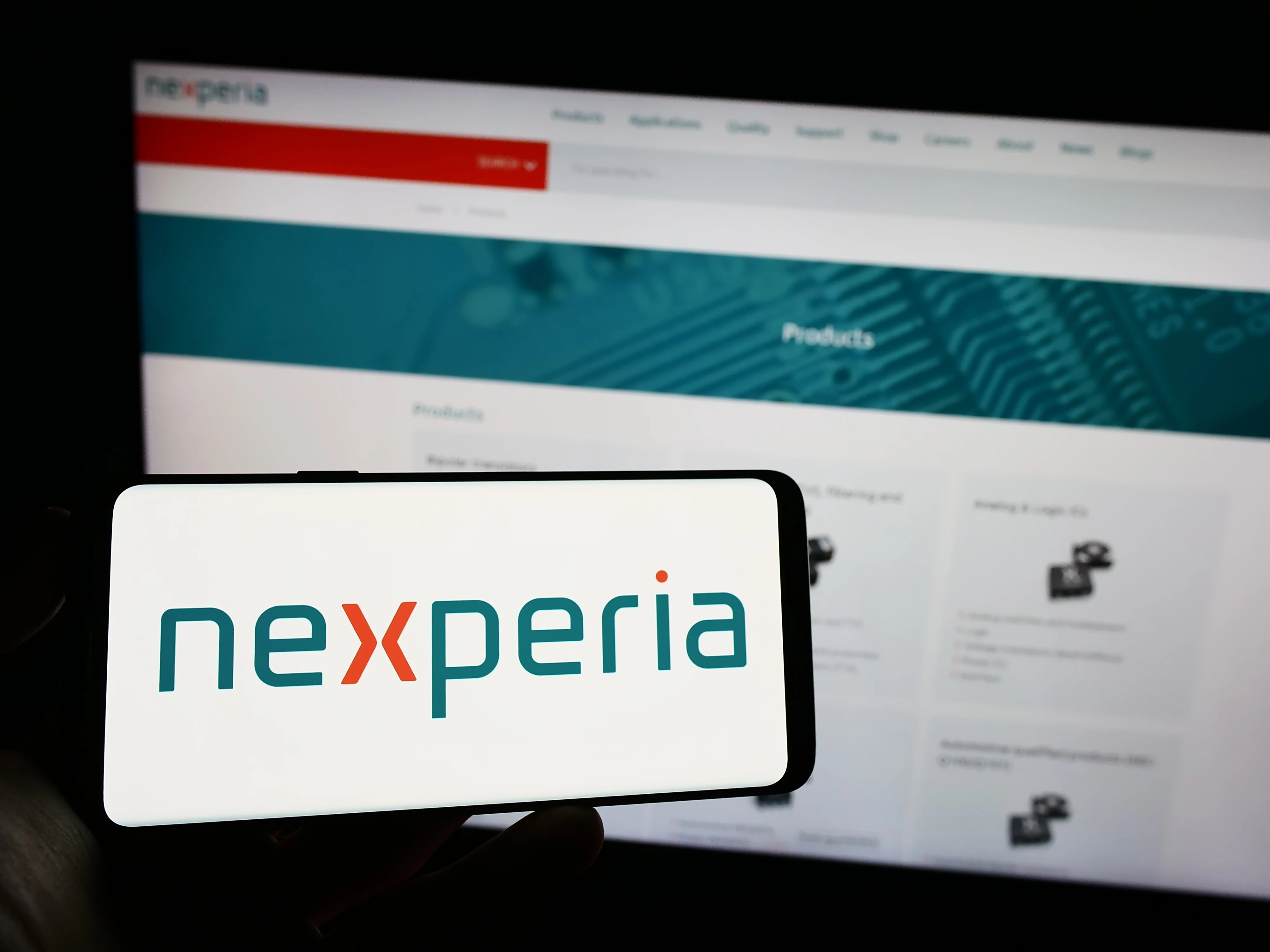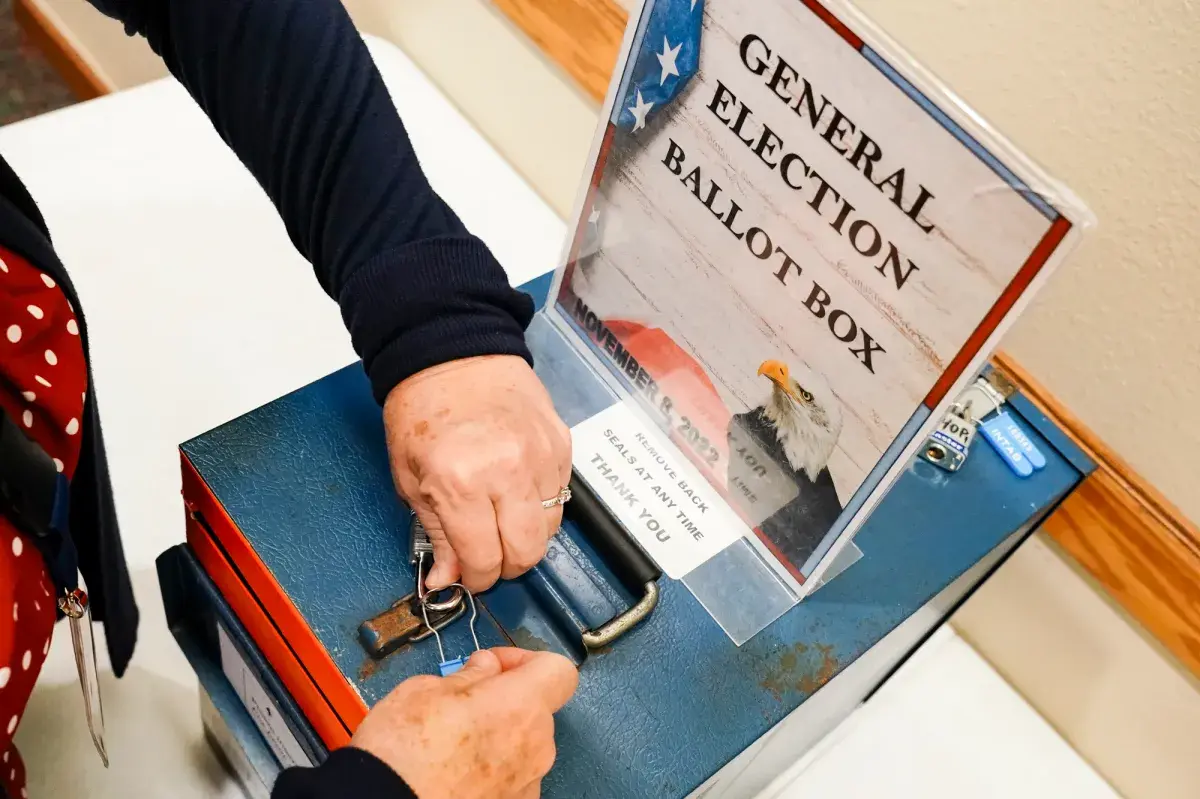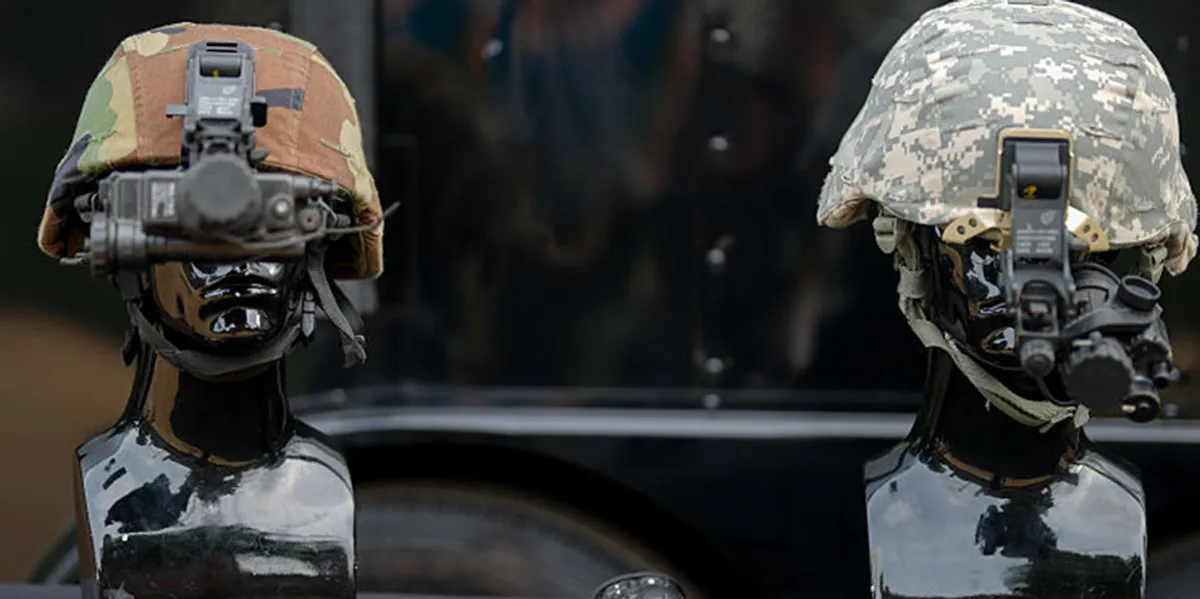Copyright scmp

Semiconductor manufacturer Nexperia’s homebase in Nijmegen – the biggest city in Gelderland, the Netherlands’ largest province – offers few clues that it sits in the eye of a storm that threatens to disrupt the global car industry’s supply chain. Dutch daily newspaper De Gelderlander, for example, featured more local stories including an explosion at a neighbourhood cannabis store, referred to as “coffeeshop”. There were no banner headlines to be found about talks in Brussels on Tuesday between China’s Minister of Commerce, Wang Wentao, and his counterparts in the European Union to defuse a row over Chinese-owned chipmaker Nexperia, which the Dutch government seized control of on September 30 by invoking an obscure 1952 law known as the Goods Availability Act. “I know that it’s happening … but I don’t think it’s the talk of the town,” said a local resident by the name of Lisa in Nijmegen, with an estimated population of 189,007 in 2025. The superficial calmness in the city masks an intense dispute over the control of Nexperia – a supplier of essential semiconductors used in automotive, industrial, mobile and consumer applications – weeks after Dutch authorities ousted CEO Zhang Xuezheng, the founder of Wingtech Technology, which is the chipmaker’s Chinese owner. The Netherlands’ action on Nexperia came a day after the US government extended export control restrictions to entities at least 50 per cent owned by companies on Washington’s trade blacklist. Being wholly owned by blacklisted Wingtech, Nexperia became subject to US sanctions. Beijing on October 4 responded by issuing a ban on Nexperia China and its subcontractors from exporting finished components produced in the country. About 70 per cent of all Nexperia products are assembled in its factory in Dongguan, in southern Guangdong province. Subsidiary Nexperia China on Thursday rejected the Dutch headquarters’ decision to remove John Chang as vice-president of global sales and marketing, declaring the dismissal legally ineffective in the country. This came on the same day when the Chinese unit accused the Dutch head office of spreading misinformation to customers. That reflected Nexperia China’s firm position that local managers were in charge of its operations and that instructions from the Dutch head office would be ignored, according to a letter issued to employees the previous weekend. The heated dispute between the Chinese unit, which controls the largest downstream assembly plant, and the head office in the Netherlands, which controls the upstream chip foundry in Germany and the UK, has raised questions about potential chip supply disruptions. Nexperia had already informed Japanese car component makers that it may not be able to guarantee chip deliveries, the Japan Automobile Manufacturers Association said on Thursday. Volkswagen, meanwhile, warned that disruptions to Nexperia’s chip supply could affect its production. In China, a number of Nexperia clients have started to closely watch operations at the chipmaker’s Dongguan factory amid concerns about production continuity, according to a report by local Chinese magazine Caixin. Heightened tensions between the Dutch head office and the China unit could potentially lead to further disruptions and even trade restrictions, according to Gary Ng, a senior economist at Natixis. “At this stage, this would likely mean some degree of compromise for Nexperia,” Ng said. “But it may also mark the beginning of tighter tensions.” Still, there are signs that Dutch authorities are keen to de-escalate the situation. Dutch Prime Minister Dick Schoof said on Thursday that the Netherlands’ seizure of Nexperia was not a “measure against China”, but a response to mismanagement by the CEO. Zhang has kept mum about the matter over the past few weeks. While it remains to be seen whether the meeting of China’s Wang with the EU in Brussels would lead to a resolution, Nexperia’s head office was confident in the firm’s business in China. The company was not “stepping away from our Chinese activities”, a representative from Nexperia’s Dutch headquarters said. “Our operations, people, customers and partners remain very important to us and we hope to come to a solution soon.” Meanwhile, the local government of Nijmegen was closely monitoring the developments at Nexperia. “Nexperia is important to Nijmegen and the region,” Hubert Bruls, the city’s mayor since 2012, told the Post in an interview. He added that Nijmegen was confident that its semiconductor sector would survive this turbulence.



